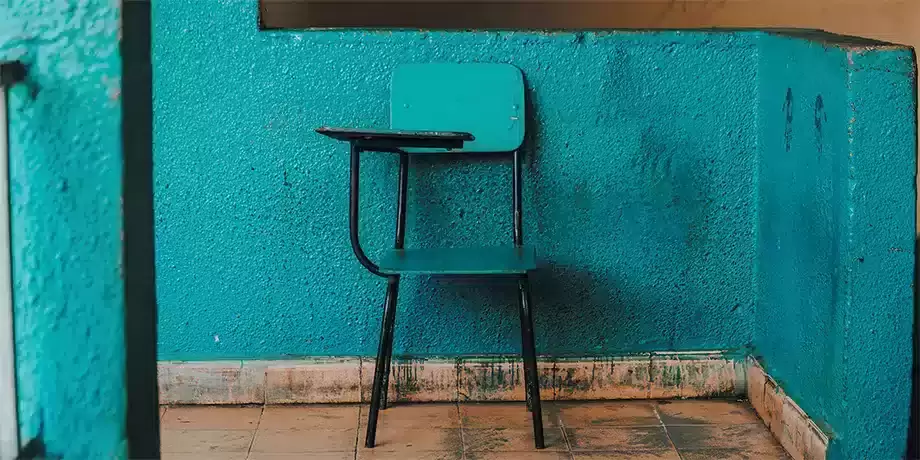
It was in June 2021 that I got back to Peru, my own country, and once again had the opportunity to be with people who were displaced and in distress, especially since it was still the peak of the COVID 19 pandemic.
I was able to visit the Columban Fathers’ place, where I met a lot of women participating in different activities. There were at least 30 women and men — all young people — engaged in organic vegetable gardening. I was also able to join an opening activity with children who were deprived of attending their regular classes because of the COVID-19 health protocols or restrictions. Also participating in the activity were representatives from different organizations like UNICEF, the Department of Education of the Rimac-Lima region of Peru, and the Warmi Huasi Columbans Project with Fr. Edward O’Connell, the project director.
 There, I was offered a teaching job, knowing that I am a teacher by profession. Having not taught for a long period of time and having a commitment in another Columban mission area that is far from where they wanted me to teach, I begged off. After almost a month, the Warmi Huasi project coordinator called me with the same request. And this time, I accepted the request, however, only for four days so that I could also continue my other commitment.
There, I was offered a teaching job, knowing that I am a teacher by profession. Having not taught for a long period of time and having a commitment in another Columban mission area that is far from where they wanted me to teach, I begged off. After almost a month, the Warmi Huasi project coordinator called me with the same request. And this time, I accepted the request, however, only for four days so that I could also continue my other commitment.
Interacting with children was a heart-warming experience for four days a week for four months. We kept the rules of keeping distance of at least a meter from each other and of having to wear a mask all the time, but this really was extra challenging as we needed to come close to each other to be able to teach them writing and reading. As our connection with each other developed, they started sharing their snacks with me. I also had time to have lunch with them.
I started teaching children ages 4 through 6 years old. This brought me back to the time I was teaching. With my experience, it was a bit easier, but I needed to be more patient in handling these children of various ages and preparing different kinds of activities suited for their ages for better learning.
My teaching experience became more challenging when I was told to take care of third graders who had yet to learn reading and writing. This situation pushed me to be less observant with the coronavirus protocols, as I needed to come closer to these children, who were mostly Peruvian and Venezuelan.
My heart was elated when one of the Venezuelan children was articulating the word, “chamo.” I asked them why they called each other “chamo,” and they said it was cool and that it meant a friend, dude, a brother or sister. What I learned from them is that in their situation, their nationality didn’t matter; what mattered to them was that they were friends and enjoyed each other’s’ company. Kindness, mutual understanding, and being part of one big human family are some of the values I learned from them.
As we got closer, I knew that some of my Venezuelan pupils were displaced, that they had traveled to Colombia and then to Peru. Others had even gone to Ecuador. In this displacement situation, they mentioned experiencing hunger and hopelessness, missing their family members, meeting up with relatives or new people whom they considered their own family, and missing the very place where they called home.
Reflecting back, their experience of displacement was like that of Mother Mary and Joseph, who traveled to Bethlehem. They too had difficulties, like the Venezuelan families. And then they found a simple stable where Jesus was born; same with the Venezuelan families who have gotten to different places to seek refuge—as simple as they may be— and food for their beloved family members.
Columban lay missionary Ana Flores lives and works in Peru.